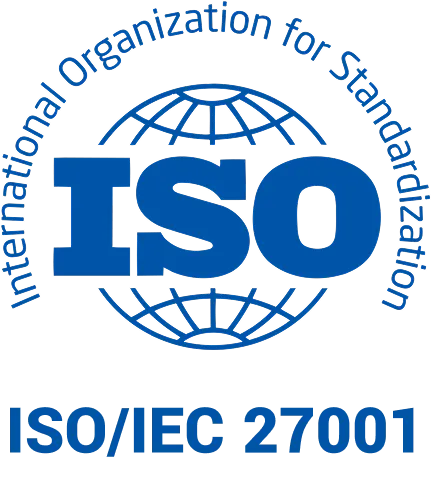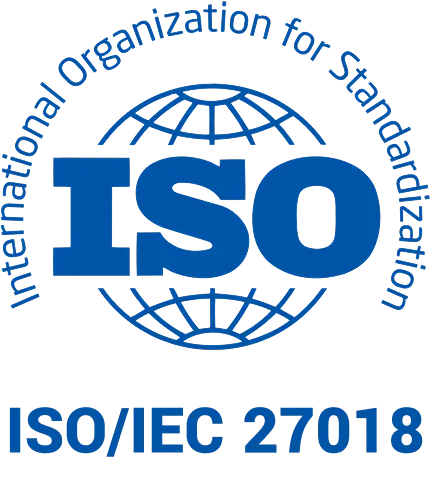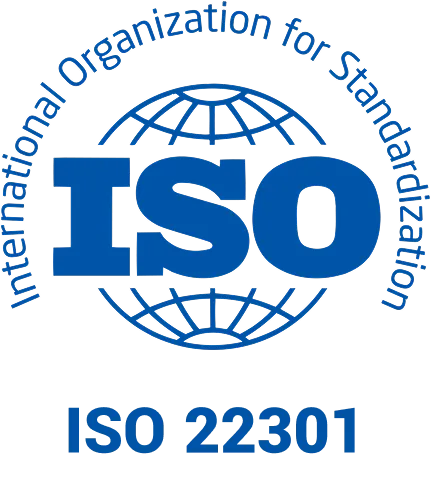
Coaching management style – What’s worth knowing?
In a dynamic business environment, more and more organizations are seeking effective ways to motivate and develop their employees' potential. One approach gaining popularity is the coaching style of management. This innovative leadership model combines coaching skills with traditional managerial duties, creating new opportunities for teams and entire organizations.
Coaching style of management – Basics
The coaching style of management is an approach that emphasizes a partnership between managers and employees. Instead of relying on traditional command-and-control methods found in autocratic management styles, leaders focus on supporting the development and potential of their teams. A key role of the manager-coach is to ask questions, actively listen, and help employees discover solutions on their own. The foundation is creating deep, partnership-based relationships built on mutual trust. The manager-coach becomes a guide who helps employees in self-awareness, goal identification, and implementing developmental actions.
This management style assumes that each employee is a unique individual with their own skills, aspirations, and challenges. The leader adapts their approach, questions, and support to the individual needs of each team member. The main goal is to gradually grant employees greater autonomy and responsibility for task execution. On our blog, you can also read about other management styles in the workplace.
Benefits of implementing the coaching style of management
Organizations that choose to implement the coaching style of management can expect several tangible benefits. These include:
Increased team effectiveness
The coaching style of management contributes to higher employee performance and engagement. Through individual support, employees feel more motivated and accountable for achieving goals.
Talent development
With the coaching approach, organizations can more effectively identify and develop internal talents. Employees have greater opportunities for self-development and pursuing their career ambitions.
Improved atmosphere and reduced conflicts
The coaching style of management fosters an open, partnership-based organizational culture. It increases mutual trust, leading to better collaboration and resolution of potential conflicts.
Greater employer attractiveness
Long-term implementation of the coaching style of management helps organizations attract and retain talented employees. Workers value an environment that supports their growth. You can also learn about other factors that make a company attractive to employees on our blog.
Key competencies of a manager-coach
A manager-coach must be skilled in active listening, focusing on understanding employees' needs and perspectives. This allows for effectively tailoring support. Asking the right open-ended questions is fundamental to the coaching style of management. Questions help employees discover solutions on their own and enhance their sense of agency.
The leader must also exhibit empathy, striving to understand the unique needs and challenges of each employee. This enables more effective support for their development. Creating a psychologically safe atmosphere, where employees feel free to express their opinions, is also essential. The manager-coach must be adept at delegating tasks, allowing employees to make decisions and take responsibility for achieving goals.
Implementing the coaching style of management
Before implementing the coaching approach, a leader must assess the maturity and independence level of their team. In less experienced teams, a more directive approach may be necessary until employees develop the required competencies. The nature of the work is another important factor. In areas requiring creativity and autonomy, coaching can be very effective. However, in situations requiring quick responses and precise coordination, other approaches may be more appropriate.
Implementing the coaching style of management is significantly easier in organizations where the culture supports such an approach. If a company has traditional values, the change may face resistance from employees. An important factor for success is also the development of the managers' own competencies. Effective coaching requires time, patience, and specialized skills such as active listening, questioning, and providing feedback. Finally, it is essential to continuously monitor and evaluate the implementation of the coaching style of management. This allows for identifying areas needing further improvement and adjusting the approach to the changing needs of the organization.
Challenges and limitations of the coaching style of management
Not every employee will respond equally to a coaching approach. The effectiveness of this style depends on the manager's ability to adapt to different personalities and expectations. Moreover, in some organizations, traditional authoritarian approaches may be deeply ingrained in the culture. Implementing the coaching style of management may then encounter resistance from employees.
It is also worth mentioning that effective coaching requires managers to invest time, patience, and specialized skills such as active listening and questioning. A lack of these competencies can weaken the effectiveness of the approach.
In summary, the coaching style of management is a comprehensive approach that enables organizations to effectively develop employees' potential and build high-performing, engaged teams. While implementing this leadership model may require time and effort, the benefits are tangible—ranging from increased efficiency and talent development to improved workplace atmosphere. The key is to understand that each employee is a unique individual with their own needs and capabilities. Manager-coaches, through building partnership-based relationships, can effectively unleash their teams' creativity and determination. This, in turn, translates into tangible benefits for the entire organization.





































